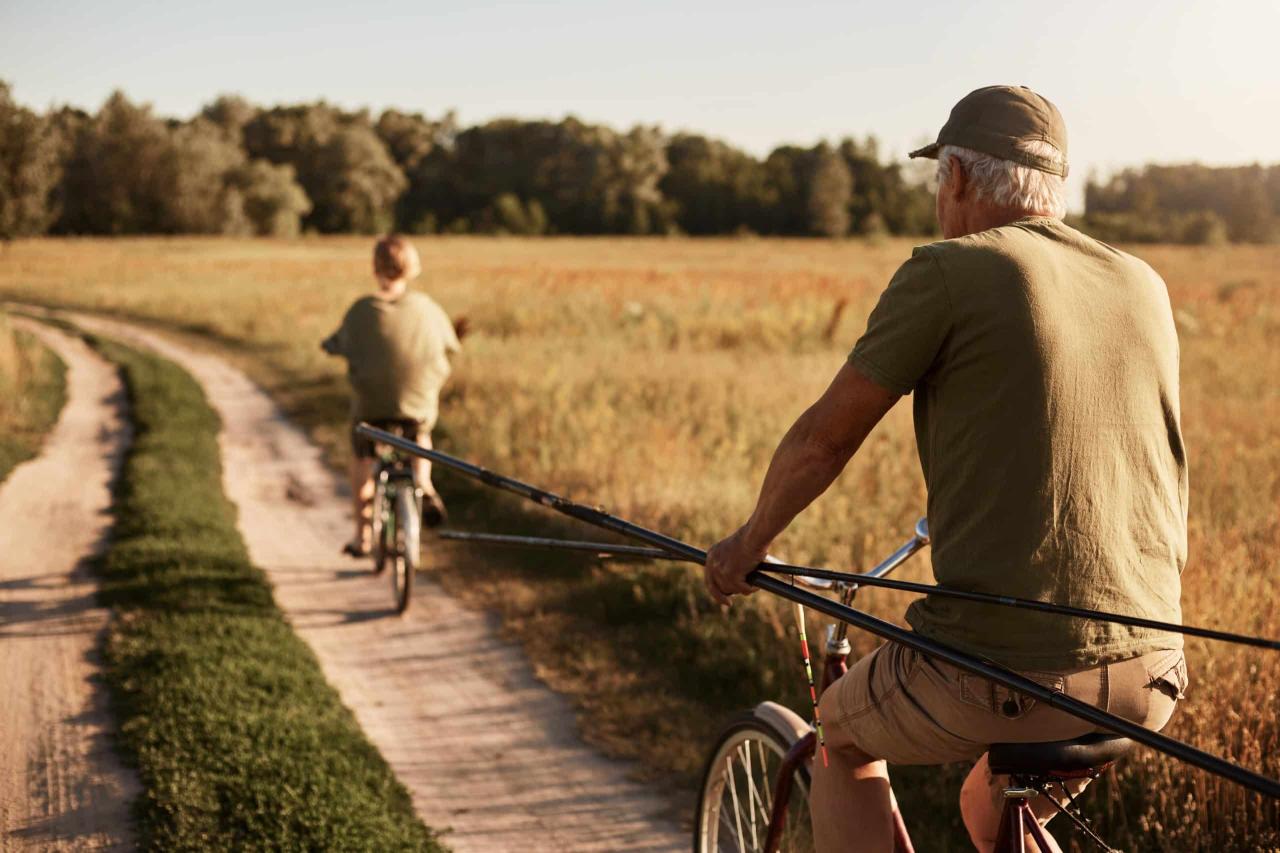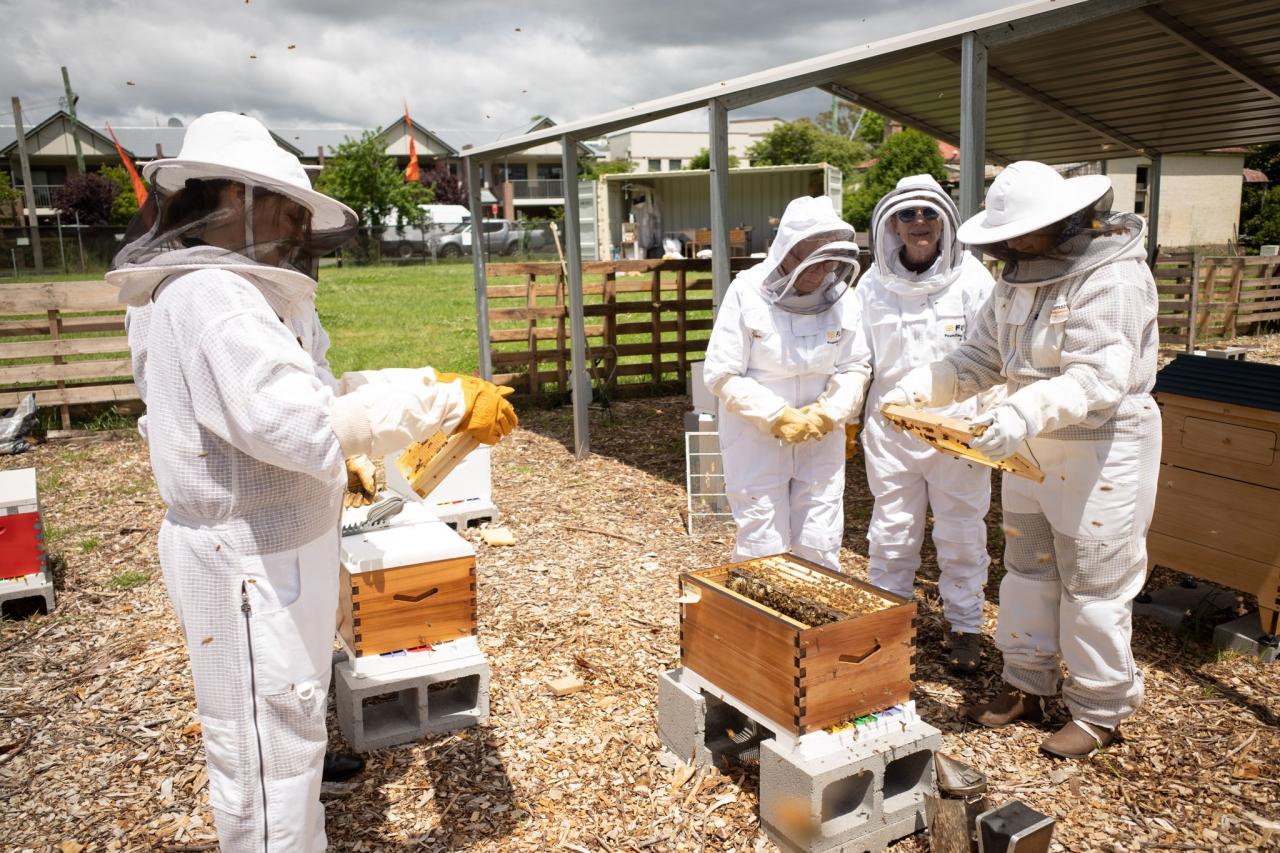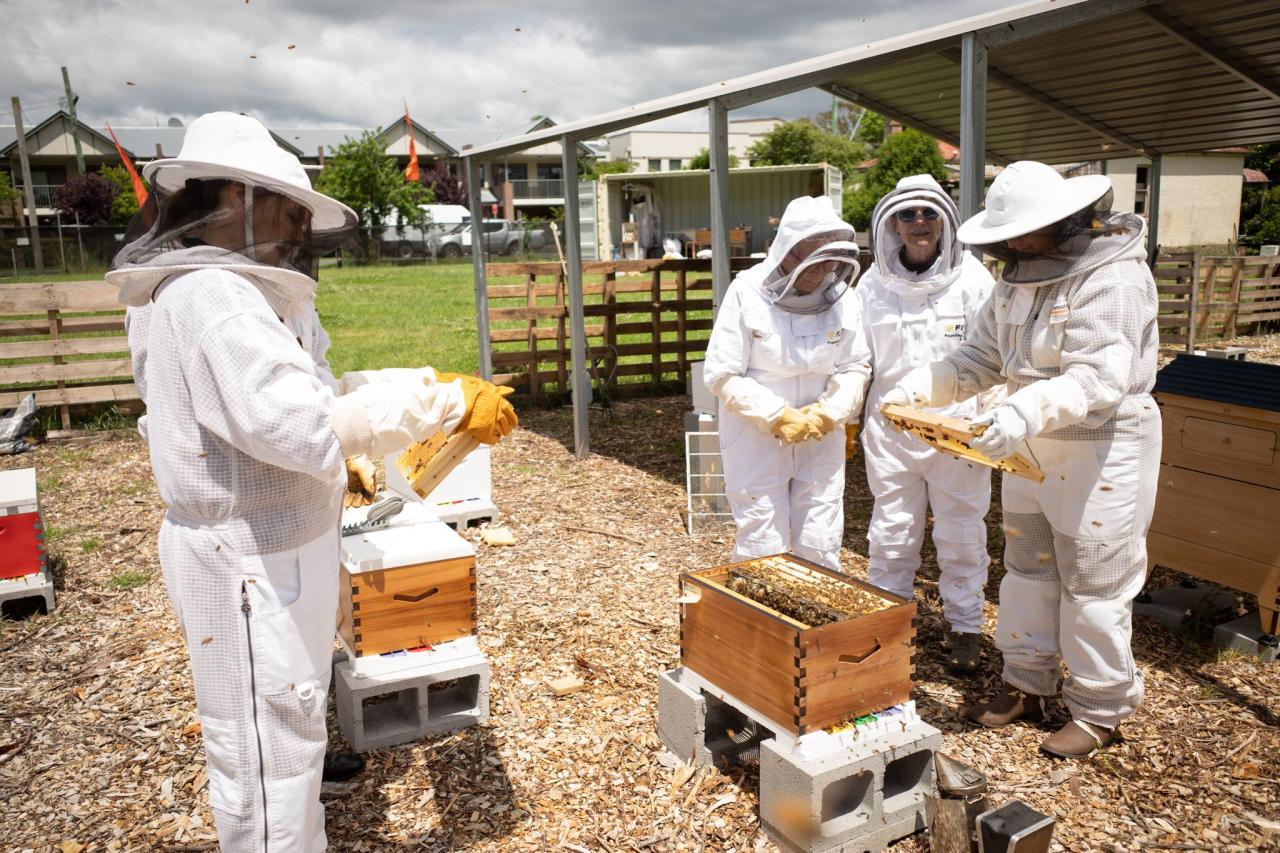Instagram, blessures, poursuites et agrotourisme : l’Ontario légifère – this phrase encapsulates a growing concern in Ontario’s vibrant agritourism sector. The rise of Instagram marketing presents both opportunities and challenges for farms, creating new avenues for promotion but also increasing the potential for accidents and subsequent legal action. This exploration delves into the complex interplay between social media marketing, safety regulations, and legal liabilities within Ontario’s agricultural tourism landscape.
We’ll examine how farms use Instagram, the legal risks they face, and the impact of Ontario’s legislation on this dynamic industry.
From showcasing picturesque farm scenes to attracting visitors, Instagram has become a crucial tool for Ontario agritourism. However, this increased visibility also brings increased responsibility. This guide will navigate the legal complexities, explore effective safety measures, and offer practical advice for Ontario farms looking to leverage Instagram’s power while mitigating potential risks. We’ll examine real-world examples of lawsuits, discuss insurance options, and provide a framework for building a robust safety policy.
Ultimately, the goal is to help Ontario agritourism businesses thrive while prioritizing visitor safety and minimizing legal exposure.
Instagram, Injuries, Lawsuits, and Agritourism in Ontario: Instagram, Blessures, Poursuites Et Agrotourisme : L’Ontario Légifère
Ontario’s agritourism sector is booming, with farms increasingly leveraging social media, particularly Instagram, to attract visitors. However, this growth brings challenges, including increased legal liabilities and risks. This article explores the interplay between Instagram marketing, legal responsibilities, and the legislative landscape impacting Ontario’s agritourism businesses.
Instagram’s Role in Ontario Agritourism

Instagram has become a vital marketing tool for Ontario agritourism businesses, allowing them to showcase their offerings and connect with potential customers. Larger farms often employ professional photographers and dedicated social media managers, creating polished, high-quality content. Smaller farms, conversely, might rely on personal photos and simpler strategies, focusing on authenticity and direct engagement.
Successful accounts consistently use high-quality images and videos that highlight the unique experiences offered. These often include scenic farm views, close-ups of produce, and shots of happy visitors enjoying activities. They also leverage user-generated content to build community and trust.
Ontario’s new laws on agritourism, tackling Instagram-fueled injuries and lawsuits, are a hot topic. It’s a far cry from the world of Hollywood, but consider the news about ‘The Batman’ Sequel Heads To 2027, Tom Cruise & Alejandro G , which shows how quickly things can change. Ultimately, though, the focus remains on protecting both farmers and visitors in Ontario’s growing agritourism sector.
Sample Instagram Post:
Image: A family picking pumpkins in a sunny field.
Caption: “Fall fun at the farm! 🎃 Join us for pumpkin picking, hayrides, and family activities. Book your visit today! #OntarioAgritourism #PumpkinPatch #FallFun #FamilyFun #OntarioFarm #[FarmName] #VisitOntario”
Examples of Instagram Stories for Engagement:
| Image | Caption | Engagement Strategy | Results |
|---|---|---|---|
| Behind-the-scenes video of farm animals | “Meet our adorable piglets!” | Poll: “Which piglet is your favorite?” | Increased follower interaction and reach. |
| Timelapse of crops growing | “From seed to harvest! Witness the magic of nature.” | Question sticker: “What’s your favorite farm-fresh food?” | Generated valuable customer insights. |
| Live video of a farm event | “Join us for our annual apple picking festival!” | Interactive Q&A with viewers. | Increased event attendance and brand awareness. |
| Photo carousel showcasing different farm activities | “So much to do and see at [Farm Name]! Plan your visit today.” | Swipe-up link to booking page. | Improved website traffic and bookings. |
Legal Liabilities and Risks in Ontario Agritourism
Common accidents on Ontario farms include slips, trips, and falls; animal-related injuries; and equipment-related accidents. Agritourism operators have a legal responsibility to ensure visitor safety by implementing appropriate safety measures and providing adequate supervision. This includes maintaining safe premises, providing clear warnings of hazards, and offering appropriate safety instructions.
Effective safety measures include well-maintained walkways, appropriate signage warning of hazards (e.g., uneven terrain, livestock), securely fenced areas, and staff training in safety procedures and first aid. Liability insurance is crucial to cover potential claims.
Sample Safety Policy: A comprehensive safety policy should include visitor guidelines, staff training protocols, emergency procedures, and regular safety inspections. Signage should be clear, concise, and visible, outlining potential hazards and safety instructions.
The Impact of Legal Action on Ontario Agritourism Businesses, Instagram, blessures, poursuites et agrotourisme : l’Ontario légifère

Lawsuits against agritourism businesses can arise from visitor injuries, resulting in significant financial burdens (legal fees, settlements) and reputational damage. Legal processes involve investigations, negotiations, and potentially court proceedings. If faced with a lawsuit, an Ontario agritourism business should immediately consult with legal counsel, gather evidence, and cooperate fully with investigations.
Flowchart (Event of Visitor Accident):
1. Assess the situation and provide first aid if needed. 2. Contact emergency services if necessary. 3.
Document the accident thoroughly (photos, witness statements). 4. Notify insurance company. 5. Consult legal counsel.
6. Cooperate with investigations.
Ontario’s Legislation and its Influence on Agritourism

Ontario’s legislation relevant to agritourism includes the Occupiers’ Liability Act, which sets out the duty of care owed to visitors. Other relevant legislation may include the Workplace Safety and Insurance Act and various municipal bylaws. This legislation significantly impacts the growth of agritourism by setting standards for visitor safety and business operations. While specific regulations may vary slightly across provinces, the core principles of ensuring visitor safety remain consistent.
Key Legal Considerations for Ontario Agritourism Operators:
- Maintain safe premises.
- Provide adequate warning of hazards.
- Implement appropriate safety measures.
- Maintain comprehensive insurance coverage.
- Develop and implement a detailed safety policy.
- Keep accurate records of safety inspections and training.
Visual Representation of Risks and Safety Measures
Imagine a typical Ontario farm with rolling hills, a barn, a livestock pasture, and a pick-your-own fruit orchard. Potential hazards include uneven terrain, slippery surfaces near barns, the presence of livestock (potential for kicks or bites), and farm equipment. Safety measures include clearly marked pathways with gravel or firm surfaces, warning signs near livestock areas (“Beware of Cattle”), securely fenced areas to prevent access to dangerous equipment, and staff training on animal handling and first aid.
Ontario’s new laws regarding Instagram, injuries, lawsuits, and agritourism are pretty significant. It’s a complex issue, and while you’re figuring that out, you might need a break – check out the latest football news: Arsenal move to second in Premier league, Brighton draw. Back to the Ontario legislation: understanding these changes is crucial for both farmers and Instagrammers alike, especially concerning liability.
Inadequate safety measures, such as a lack of warning signs near a steep drop-off, could lead to serious falls, while inadequate animal handling training could result in bites or injuries from livestock. Effective communication involves clear signage, brochures detailing farm safety rules, and staff actively educating visitors about potential risks and safe practices.
Final Thoughts
Ontario’s agritourism sector is a beautiful blend of tradition and innovation, and Instagram plays a significant role in its success. However, this digital landscape brings unique legal and safety challenges. By understanding the potential risks, implementing robust safety measures, and staying informed about relevant legislation, Ontario farms can harness the power of Instagram while safeguarding their businesses and ensuring the well-being of their visitors.
This careful balance between marketing and responsibility is key to the continued growth and prosperity of this vital sector.
Top FAQs
What types of insurance are recommended for Ontario agritourism businesses?
Liability insurance is crucial, covering potential claims from visitor injuries. Consider also property insurance and business interruption insurance.
How can I effectively communicate safety protocols to visitors on Instagram?
Use clear, concise captions and high-quality visuals demonstrating safe practices. Create Instagram Stories highlighting safety features and procedures.
What are the penalties for non-compliance with Ontario’s agritourism legislation?
Ontario’s new laws tackling Instagram’s impact on agritourism, including injuries and lawsuits, highlight the need for safety regulations across various sectors. Think about the unexpected risks; for example, check out this news story about several crew members hospitalized after ‘severe’ turbulence on a flight – it shows how unforeseen events can lead to serious consequences.
These kinds of incidents underscore the importance of proactive safety measures, a key element in Ontario’s new agritourism legislation.
Penalties vary depending on the violation but can include fines, legal action, and damage to reputation.
Are there specific resources available to help Ontario agritourism businesses understand the legal requirements?
Consult with legal professionals specializing in agritourism law. Government websites and agricultural organizations often provide helpful resources.
